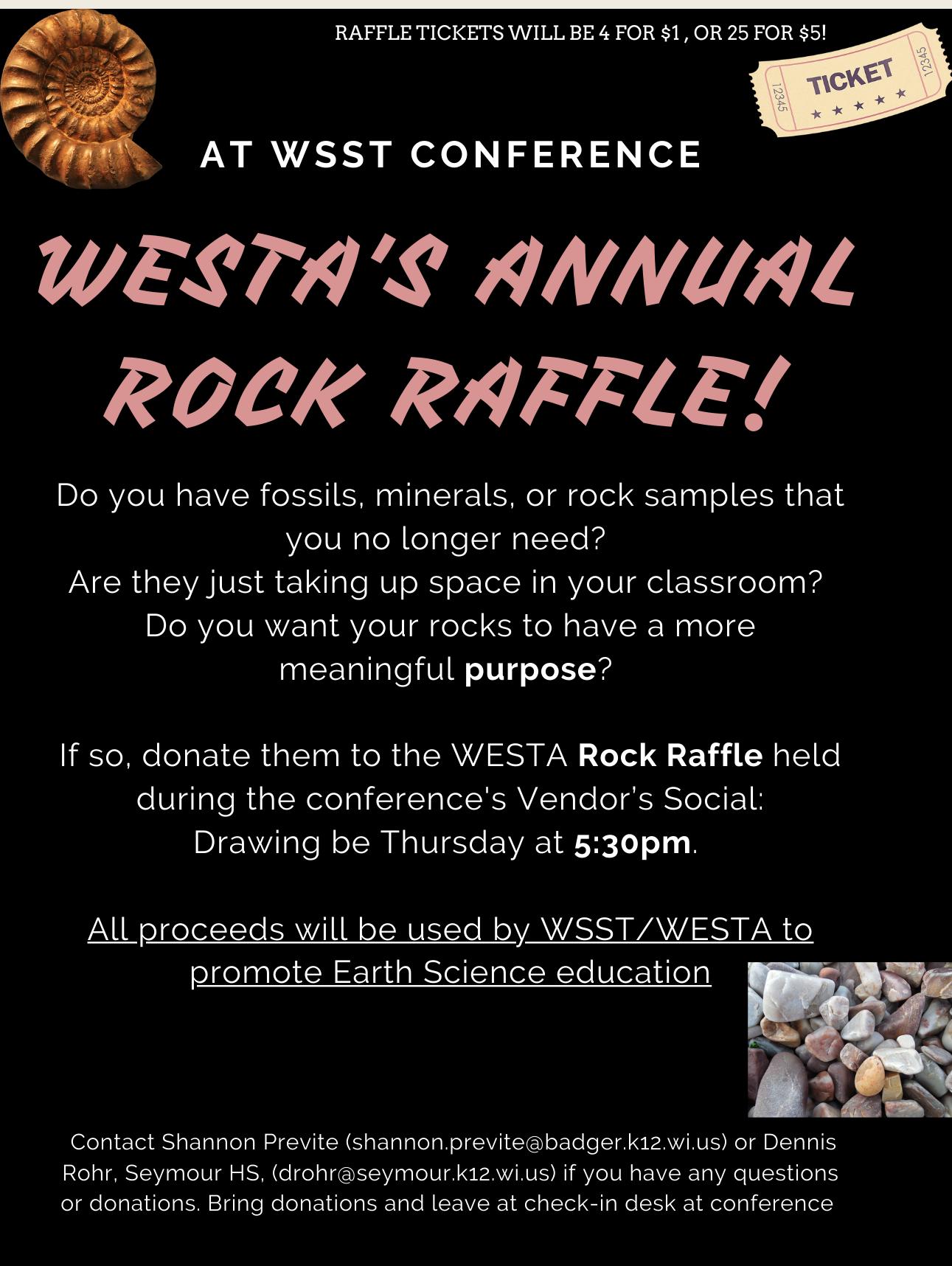
4 minute read
WSST Essay Contest

WSST and Wisconsin Water Week Present the 2023 Essay Contest
Deadline: February 20, 2023
Write an essay on the topic given for your grade level
K-1 Every living thing on Earth needs water.· What are the different ways we use water every day? (drinking, showering, cooking, laundry but also for recreation and relaxation)· What would happen if we didn’t have clean water?
2-3 Every living thing on Earth needs water.· What are the different ways we use water every day? (drinking, showering, cooking, laundry but also for recreation and relaxation)· What would happen if we didn’t have clean water?· Who in our communities do we trust to make sure we have clean water? (water department, health department, city, county) – they could explore the different roles each of these has in both our domestic water use and also the water we use for enjoyment (protecting our rivers and lakes)
4-5 We all like to have fun in the water.· Do you like swimming, boating, or fishing?· Is it important that the water you swim, boat, and fish in is healthy?· What does it mean for a lake or river to be healthy? How do you know if it’s healthy?· Whose job is it to make sure lakes and rivers stay healthy? Who do we trust to do these jobs?
6-8 Wisconsin has over 15,000 lakes and thousands of miles of rivers and streams. All of these “navigable” waters belong to everyone in Wisconsin. Our rights to enjoy water is protected through the Public Trust Doctrine.· Explain the Public Trust Doctrine and its importance to all people.· It takes both scientists and the general public working together to protect our water resources. Research an agency or organization in Wisconsin that helps to protect our surface waters. How do they gain our (the public’s) trust so we feel they are doing the best job?· Write an essay that suggests the importance of water conservation and sustainable use of water resources based on the information you found.
9-12 Wisconsin has over 15,000 lakes and thousands of miles of rivers and streams. All of these “navigable” waters belong to everyone in Wisconsin. Our right to enjoy water is protected through the Public Trust Doctrine.· Explain the Public Trust Doctrine and its importance to all people.· It takes both scientists and the general public working together to protect our water resources. Research an agency or organization in Wisconsin that helps to protect our surface waters. How do they gain our (the public’s) trust so we feel they are doing the best job?· Write an essay that suggests the importance of water conservation and sustainable use of water resources based on the information you found.
Awards
The winning essay in each category will receive a $100 prize and publication in the WSST newsletter and website. The teacher of the winning submission will also receive a $100 prize. Honorable mention in each category will receive $50 prize. Additional highly rated essays may be published to the WSST website at the discretion of the contest organizers, as well as shared with the water community through the Wisconsin Lakes and Rivers Partnership’s Lake Tides publicationResults will be shared at the 2023 WSST Conference in Madison, the 2023 Wisconsin Lakes and Rivers Convention in Stevens Point, and on the WSST website. The events and postings will be held in March and April of 2023.
Eligibility
Any classroom teacher in Wisconsin can submit one student essay for each science course they teach. Student essays must be original work and be submitted in one of four categories: K-1, 2-3, 4-5, 6-8, and 9-12. *Submitting teacher is required to be a current WSST member.
Format
● K-1 category: Essays should be between 150-300 words and can include apicture. K-1 teachers can help with the conversion of spoken essay to text.
● All other essays should be 500 words or less in length. The essays are requiredto be typed, 12 point font, and double spaced.
● Text to speech and other adaptations may be made at any grade level based on astudent’s Individualized Education Program.
Submission
Submissions should be emailed as ONE file that includes both the essay and release form in .pdf format to essay@wsst.org. All submissions must be received by 5:00 pm (CST) on February 20, 2023. Essays submitted after 5:00 pm (CST) on February 20, 2023 are longer than 500 words, or do not include a signed release form may be disqualified. Submissions that cannot be read will not be judged. The decisions of the judges are final.Visit www.wsst.org/science-matters for more information, to download the essay flier withrelease form and see past essay award winners.








